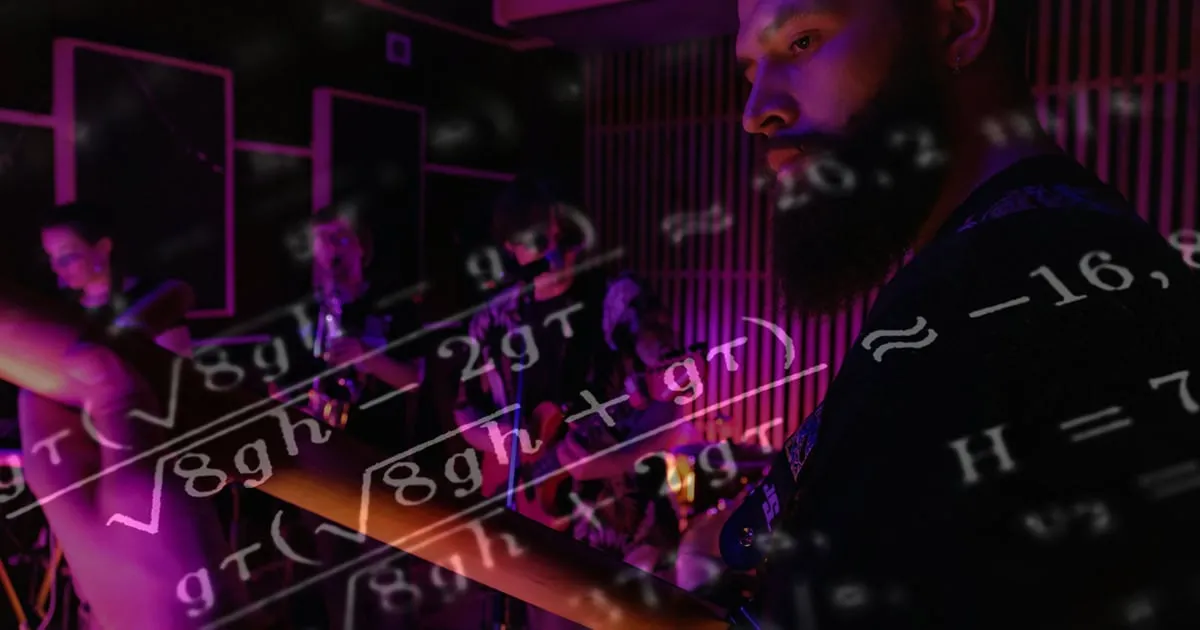_____________________________
Guest post by TurboTax from Soundfly's FlypaperEditor’s Note: We found this article on how to claim certain tax deductions as a musician, and loved it so much, that we decided to reach out to them to ask if we could repost it. So we called them and spent like 20 minutes on the phone with some very nice people before they admitted they actually had no idea who wrote it or who to even ask about permission. Given that, we’re just going to post it because it’s that useful, but if someone from TurboTax sees this, please let us know! We’re happy to take it down or give you extra props because you really wrote a great article.The chance to be creative — and the opportunity to be your own boss — makes working as a musician exciting. Here are some of the top business deductions and expenses for self-employed musicians, as well as some tips to guide you through filing your tax return.Your Studio or Workspace
Running a music business likely requires certain monthly expenses, and you can claim these as deductions to reduce your tax liability. These include:- Booking fees for recording studios
- Rent for classroom or teaching space
- Utility costs for your workspace
- The costs associated with registering for a business license
- Maintaining insurance
- Fees associated with maintaining your website, like domain registration and monthly hosting
- Membership fees to professional associations, like the American Federation of Musicians
- Professional services necessary for your business, such as lawyers’ fees and tax preparation costs
Instruments and Performances
Musical Events
Deductions often overlooked by musicians are the costs of such things as tickets, transportation, and parking, incurred when you attend other musicians’ performances. You attend these performances in order to enjoy them, but also to learn about musical trends, which makes them deductible.Strategies for Success
For all the expenses you plan to deduct, you’ll need documentation in the form of bills or receipts. Keep all of your receipts in a series of folders. For example:- Put home utility bills in one place so you’ll be ready to calculate your home office deductions at tax time.
- You may also receive a series of 1099 forms from your clients before tax time. Keep these and all other records of your income in one folder to easily calculate your total income.




